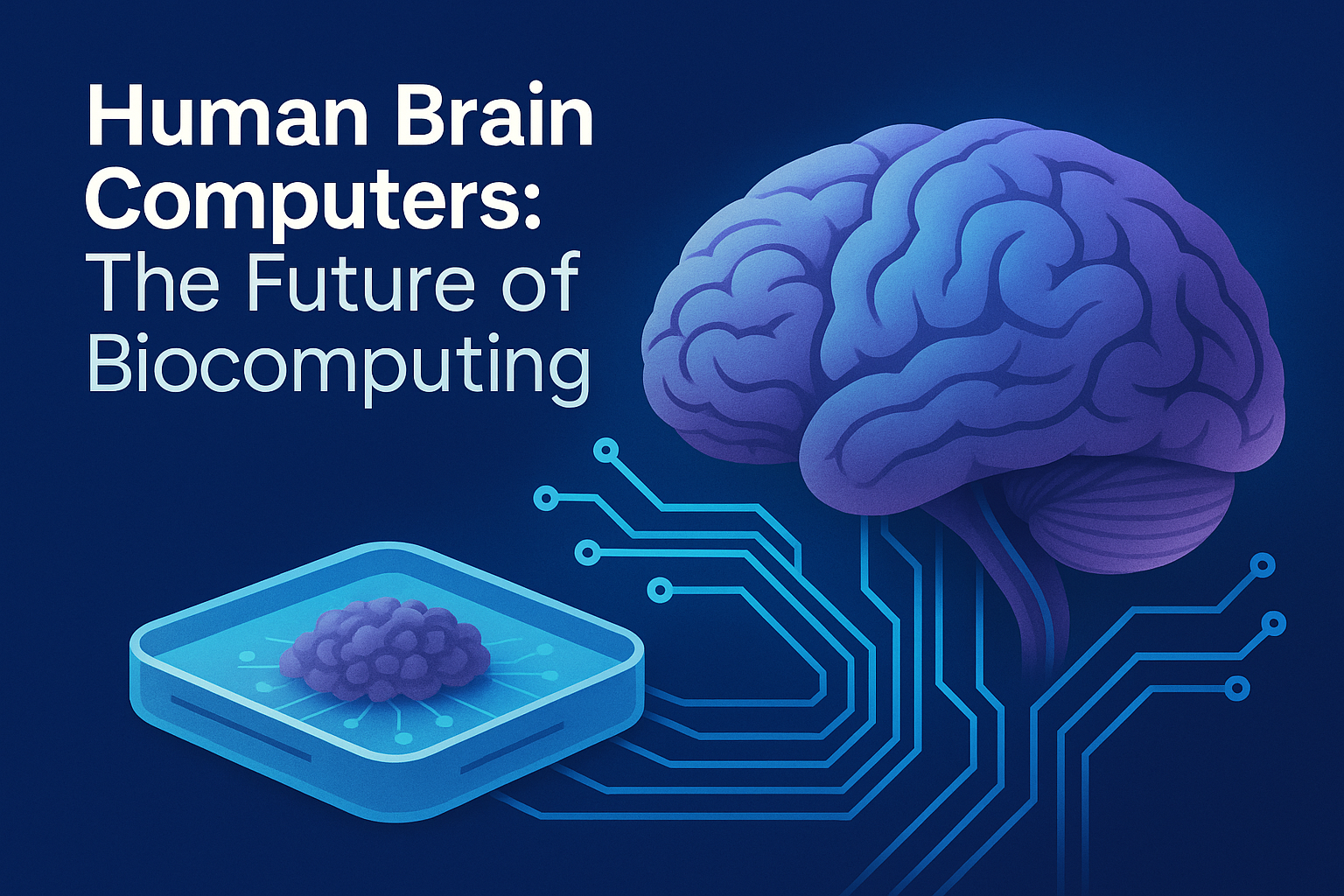
Finland’s Pioneering Scientists Are Creating Protein From Air and Electricity
In a sleek facility near Helsinki, a team of pioneering Finnish scientists is unlocking a new frontier in food innovation: creating protein from air. At the heart of this breakthrough is Solar Foods, a biotech startup producing a novel, carbon-neutral alternative protein known as Solein.
Unlike conventional agriculture or even lab-grown protein, Solein is made without animals, plants, or soil. Instead, it is cultivated through a process that feeds microbes with hydrogen, carbon dioxide, and renewable electricity—an approach that could revolutionize cellular agriculture.
What Is Solein Protein?
Solein protein is a yellow, powdery substance that resembles flour, but it’s packed with essential amino acids and nutrients. It’s made from a single-cell organism that grows in a controlled fermentation system, much like how yeast produces bread or beer.
But here’s the game-changer:
Solein requires no farmland, no irrigation, and emits nearly zero greenhouse gases. According to a 2021 study, producing one kilogram of Solein emits 130 times less CO₂ than the same amount of beef protein in the EU—making it a truly zero-emission protein.
The Science Behind Air-Based Protein
The production method at Solar Foods relies on a 20,000-liter fermenter, where hydrogen-fed microbes consume airborne CO₂ and nutrients. This process—called solar-powered fermentation—allows continuous biomass growth, which is then dried into a versatile alternative protein powder.
Remarkably, a single tank can produce as much protein daily as:
- 300 dairy cows, or
- 50,000 laying hens —equal to about 5 million meals per year.
And all of this is done without animals or farmland.
Cellular Agriculture Meets Climate Action
Livestock farming is a major driver of climate change, land degradation, and biodiversity loss. Cellular agriculture, especially innovations like Solein, offers a promising solution.
While lab-grown meat, dairy and eggs have gained traction, many remain energy-intensive and costly. In contrast, Solar Foods’ air-based protein uses a fraction of the resources and is already gaining regulatory attention.
- Approved for food use in Singapore
- Awaiting approval in EU and US
Scaling Up: From Demonstration to Global Distribution
Currently, Solar Foods’ pilot factory employs 40 people and demonstrates scalability. The startup envisions future plants 100x larger, aiming to decouple food production from land and livestock entirely.
CEO Pasi Vainikka, who co-founded the company with Juha-Pekka Pitkänen, states:
“We can source our main feedstock for the microbe directly from the air”.
Inside the control room, engineers are already being called the “farmers of the future”.
Why It Matters: Beyond Innovation
Dr. Emilia Nordlund of the VTT Technical Research Centre underscores the environmental stakes:
“Transforming food production is key to fighting climate change and halting biodiversity loss”.
Although fermentation technology has existed for decades, recent advances are pushing the boundaries of cellular agriculture, especially in innovation hubs like the US, UK, Germany, Netherlands, and Israel.
Still, bureaucratic delays in the EU remain a barrier and only resilient startups will survive the race to transform food as we know it.
Final Thoughts
As the planet faces increasing food insecurity, climate pressure, and ecological collapse, alternative protein sources like Solein may become essential. By turning air and electricity into food, Solar Foods is offering a radical yet scalable model of sustainable food production. If successful, this innovation could fundamentally reshape how we eat and how we protect the planet.







Carmen
Packed with amino acids??? What does it mean exactly ???